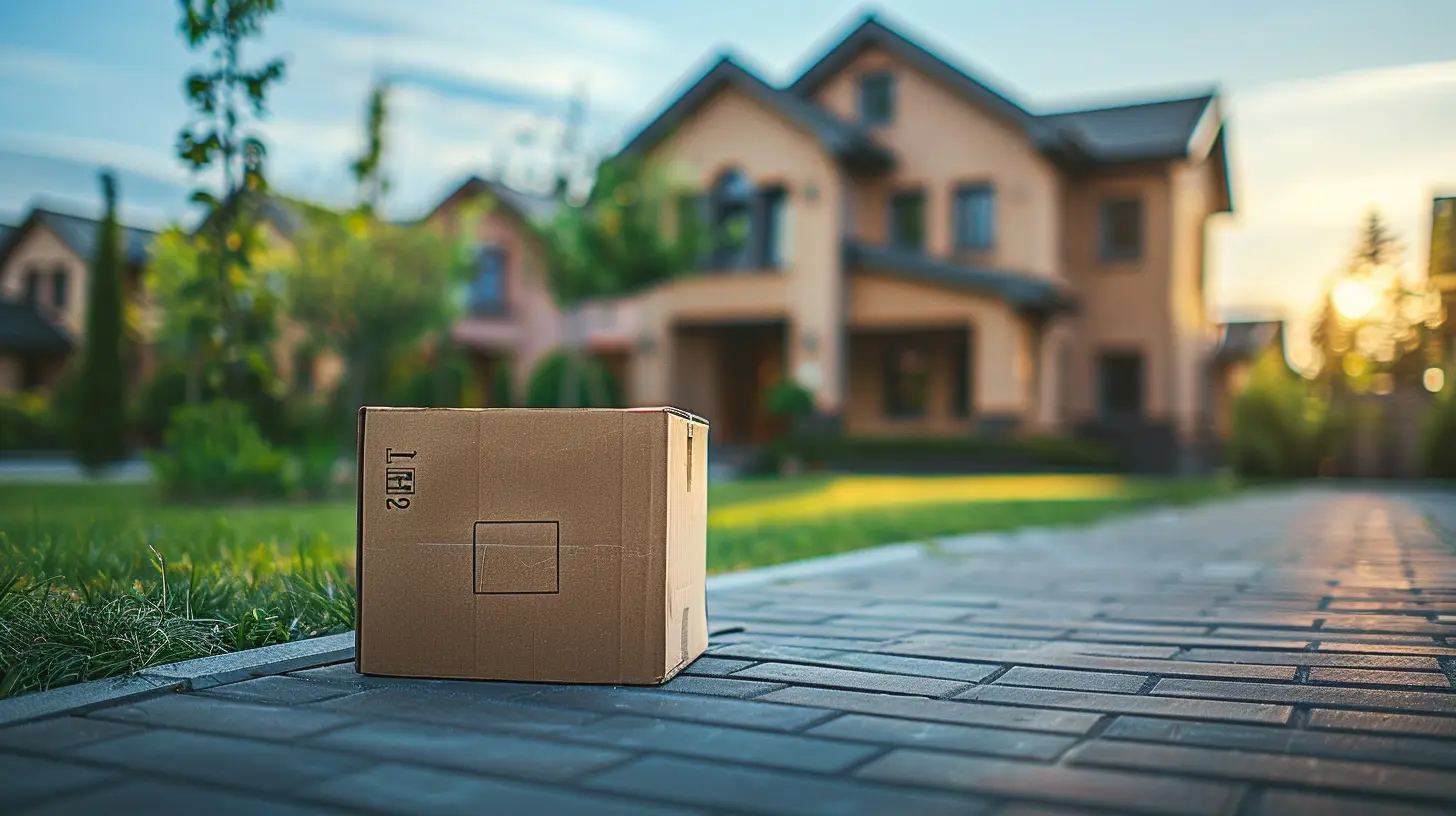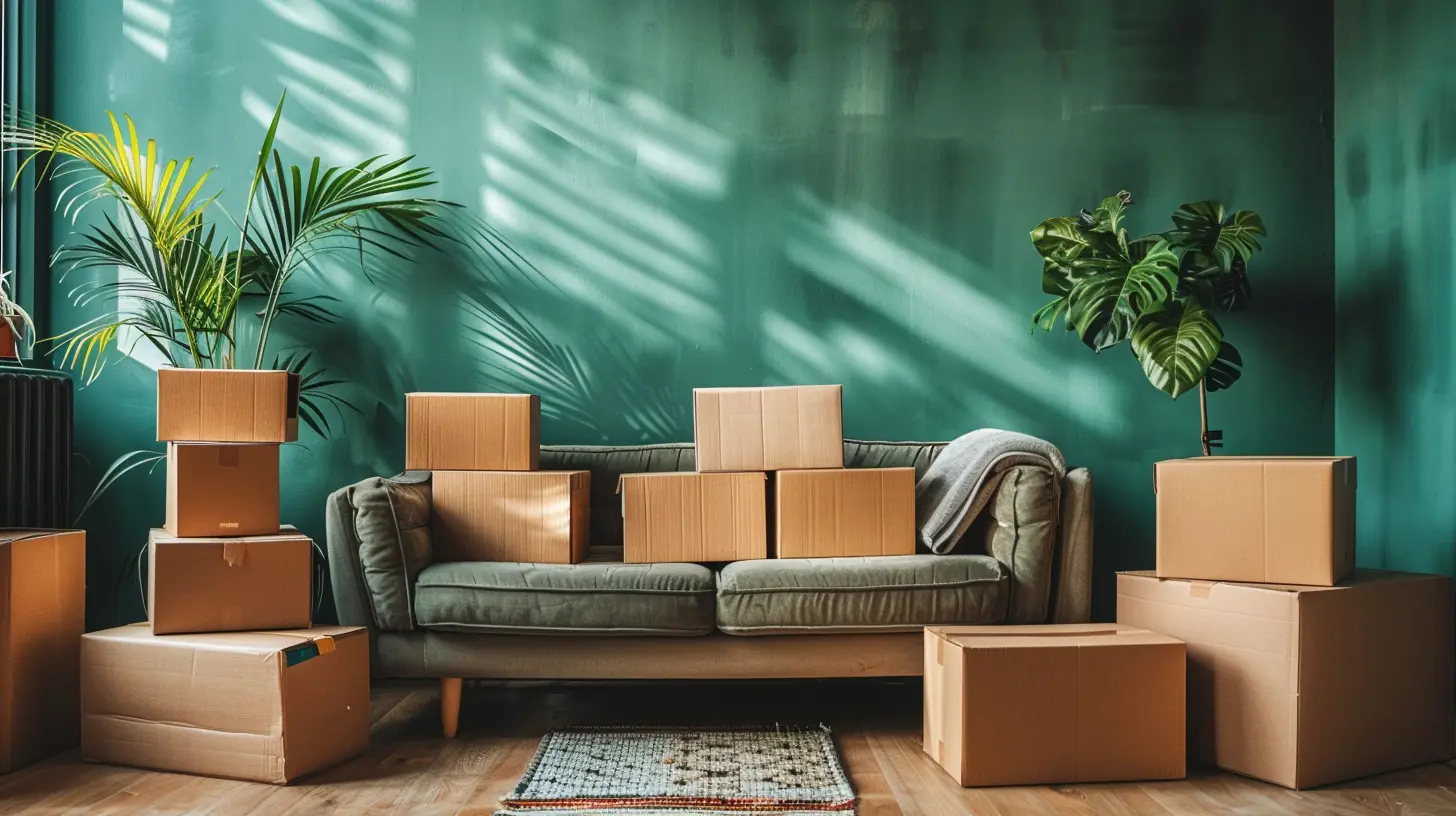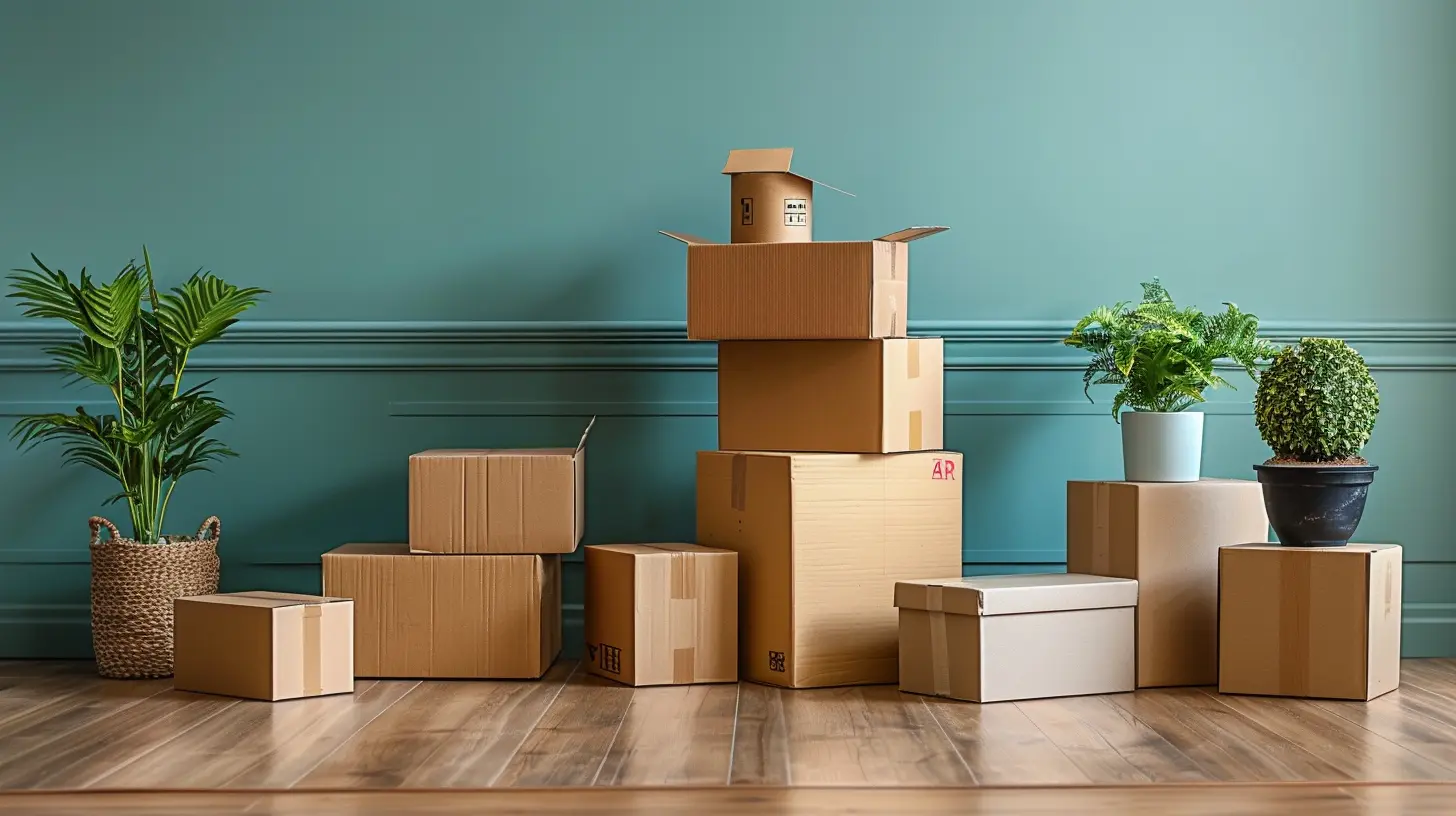The Ultimate Checklist for Moving Into Your New Home
12 October 2025
Moving into a new home is exciting—but let’s be real, it can also be overwhelming. With so many tasks to juggle, it’s easy to forget something important. That’s where a solid moving checklist comes in handy. Whether you're a first-time homeowner or a seasoned mover, this guide will help you tackle the transition smoothly.
From packing and organizing to setting up utilities and making your place feel like home, we’ve got you covered. So, grab a cup of coffee, take a deep breath, and let’s dive into the ultimate checklist for moving into your new home!

1. Plan Ahead: Get the Ball Rolling
Before you even start packing, laying down a solid plan can save you a ton of stress.Set a Moving Date
First things first—decide when you’re moving. If possible, try to schedule it on a weekday when movers are less busy, and utility companies are available.Create a Moving Budget
Moving isn’t cheap. Make sure you consider costs like:- Hiring movers vs. renting a truck
- Packing supplies (boxes, tape, bubble wrap)
- Utility setup fees
- Cleaning services for your old and new home
A little budgeting now can prevent headaches (and an empty wallet) later.
Hire Movers or Rent a Truck
If you're hiring professional movers, book them well in advance—especially if you're moving during peak seasons. If you're going the DIY route, reserve a truck early.
2. Start Packing Like a Pro
Packing can feel like a never-ending task, but staying organized will make unpacking a breeze.Declutter Before You Pack
Moving is the perfect time to get rid of things you don’t need. Go room by room and donate, sell, or toss whatever isn’t worth taking. Less stuff means fewer boxes to pack, move, and unpack!Gather Packing Supplies
Stock up on:✔ Sturdy boxes (various sizes)
✔ Packing tape and a dispenser
✔ Bubble wrap for fragile items
✔ Permanent markers for labeling
✔ Packing paper or old newspapers
Bonus tip: Use clothing, towels, and linens to cushion fragile items instead of spending extra on bubble wrap.
Pack Smart, Not Hard
- Label Everything: Write what’s inside each box and which room it belongs to.- Pack an Essentials Box: This should include toiletries, a change of clothes, chargers, snacks, and important documents—things you'll need immediately upon arrival.
- Use Suitcases for Heavy Items: Rolling luggage is perfect for books and other heavy things, reducing the strain on your back.

3. Handle Important Documents & Utilities
Transfer or Set Up Utilities
You don’t want to move in and realize there’s no electricity or running water. A few weeks before moving day, transfer or set up accounts for:- Electricity
- Water and sewer
- Gas
- Internet and cable
- Trash and recycling services
Update Your Address
Notify important institutions of your move, including:✔ The post office (set up mail forwarding!)
✔ Banks and credit card companies
✔ Insurance providers
✔ Subscription services (Amazon, Netflix, etc.)
✔ Your employer and doctor’s offices
A smooth transition means you won’t miss any important mail or bills.
Secure Important Documents
Keep essentials like passports, birth certificates, property deeds, and insurance papers in a safe and accessible place during the move.
4. Moving Day: The Big Moment
Do a Final Walkthrough of Your Old Home
Before you shut the door for the last time, double-check everything:✅ Look through all closets, cabinets, and drawers
✅ Ensure nothing is left behind in the fridge or freezer
✅ Turn off lights, lock doors, and leave keys as needed
Supervise the Move
Whether you’ve hired movers or enlisted friends, be present to guide the process. If you’re using professionals, confirm that everything is loaded properly, and keep an inventory of your belongings.Check the New Home Before Unloading
Before moving stuff in, inspect your new home:- Ensure all utilities are working
- Look for any damage that needs immediate attention
- Locate emergency shut-off valves (for water and gas) and the circuit breaker
5. Unpacking & Settling Into Your New Home
Unpack in Order of Priority
Start with these:1. Essentials Box—so you have basic supplies right away.
2. Kitchen & Bathroom—you’ll need food and a functional restroom.
3. Bedroom—no one wants to search for bedsheets at midnight!
Unpacking can take time, so tackle it one room at a time instead of overwhelming yourself.
Install Security Measures
Safety first! Consider these steps:- Change the locks (you never know who has a copy!)
- Install or double-check smoke and carbon monoxide detectors
- Set up a security system or cameras if necessary
Meet Your Neighbors
A friendly wave and a quick introduction can go a long way in feeling at home. Plus, neighbors can be helpful resources in case of emergencies!6. Make It Feel Like Home
Moving isn’t just about logistics; it’s about creating a space where you feel comfortable and happy.Personalize Your Space
- Hang up pictures and artwork- Rearrange furniture to fit your style
- Add cozy touches like rugs, curtains, and plants
Stock Up on Groceries
A stocked kitchen makes any house feel more like home. Keep the first grocery run easy—grab basics like bread, milk, eggs, and snacks.Celebrate Your Move
You did it! Whether it’s a simple takeout dinner on the floor or a full-blown housewarming party, take a moment to enjoy your new space.Final Thoughts
Moving into a new home is a mix of excitement and stress, but with the right plan, it doesn’t have to be overwhelming. By staying organized and following this checklist, you’ll make the transition smoother and more enjoyable.So, here’s to new beginnings, fresh starts, and making priceless memories in your new home. Happy moving day!
all images in this post were generated using AI tools
Category:
Real Estate TipsAuthor:

Elsa McLaurin
Discussion
rate this article
1 comments
Zephyrwind McCarron
Moving into a new home is both exciting and overwhelming. Remember to take it one step at a time, and don’t hesitate to lean on friends or family for support. Embrace the journey, and savor each moment as you create a space that feels like home.
October 13, 2025 at 11:07 AM

Elsa McLaurin
Thank you for the thoughtful reminder! Taking it one step at a time truly makes the journey more enjoyable.


